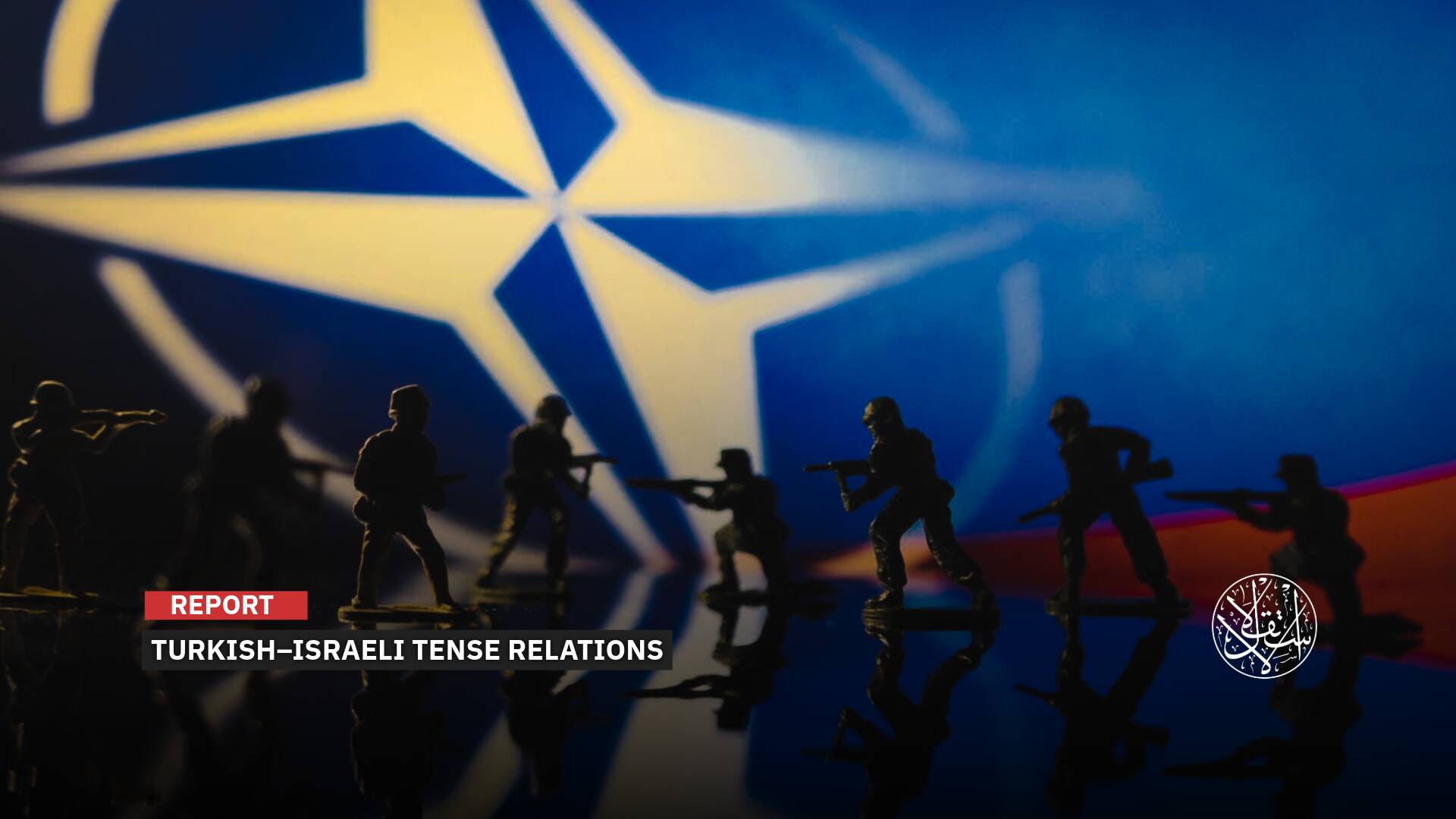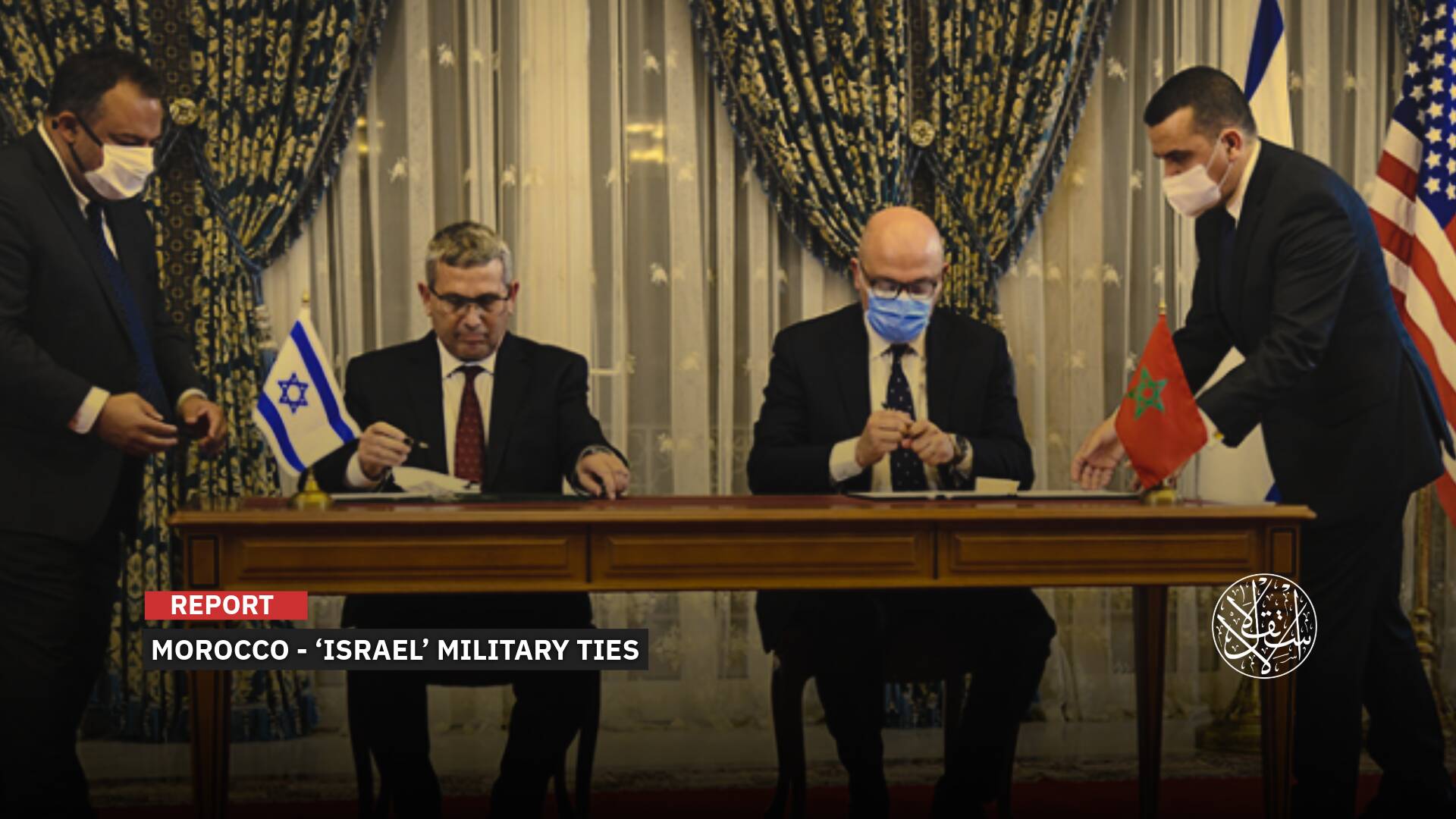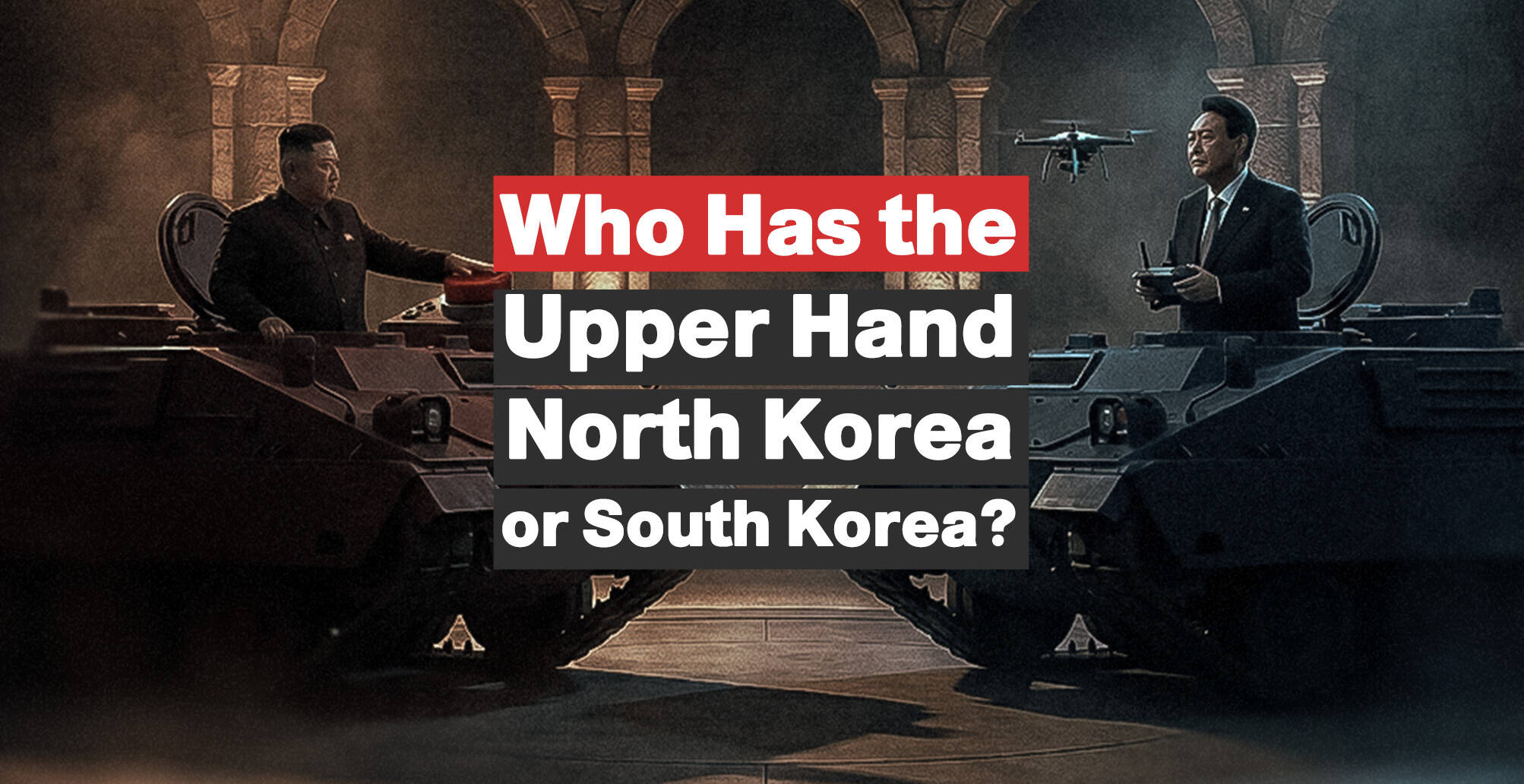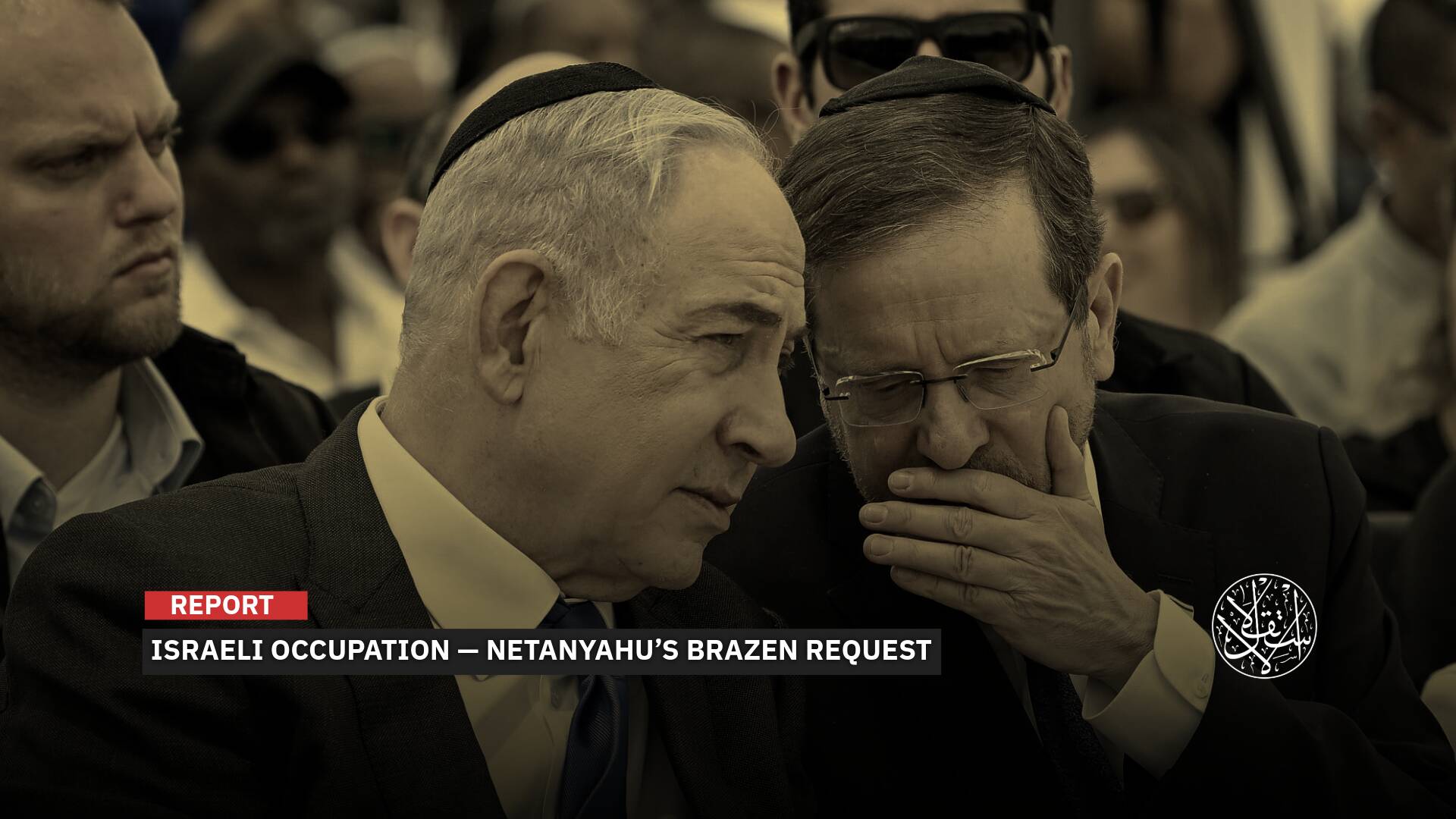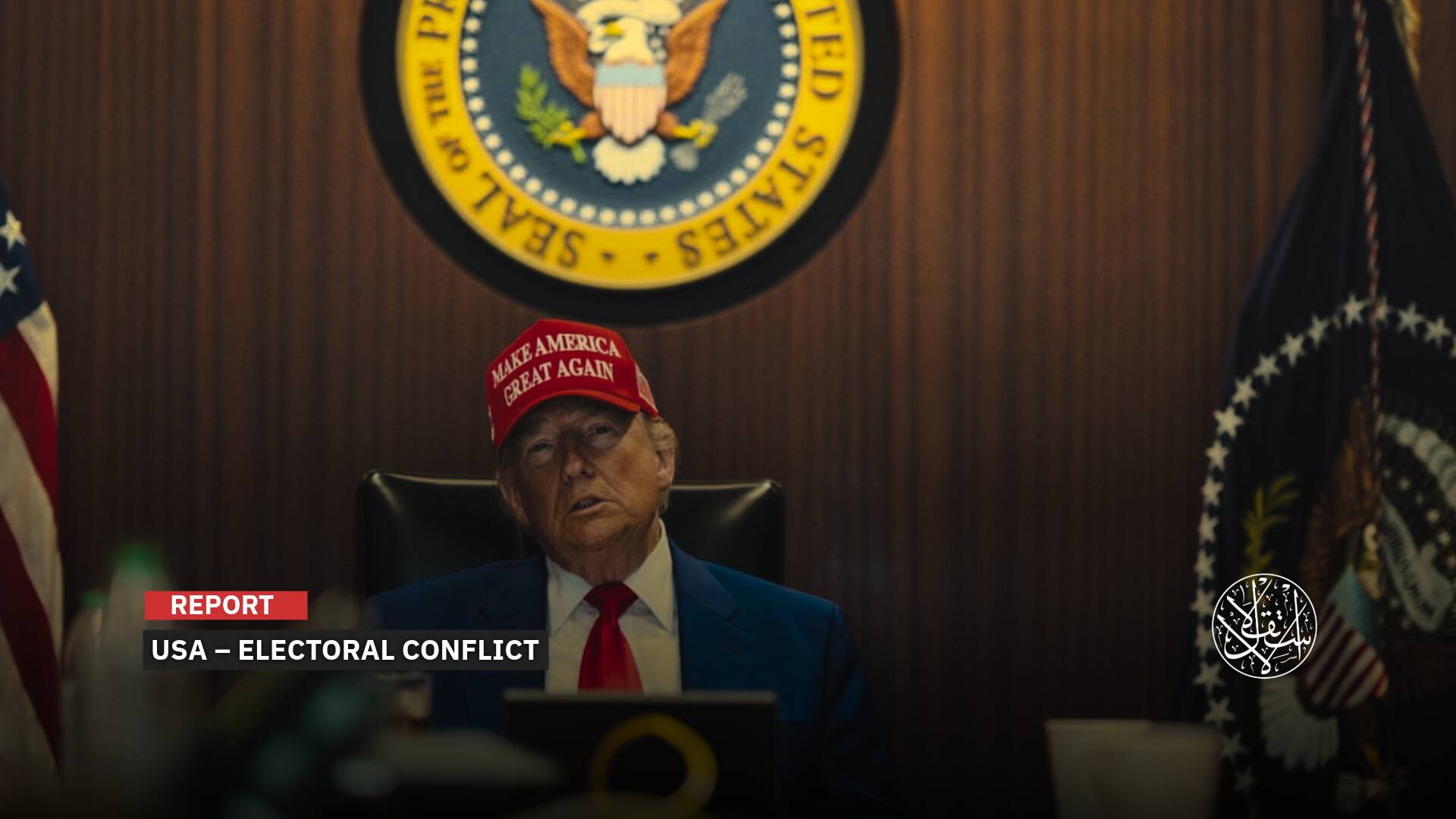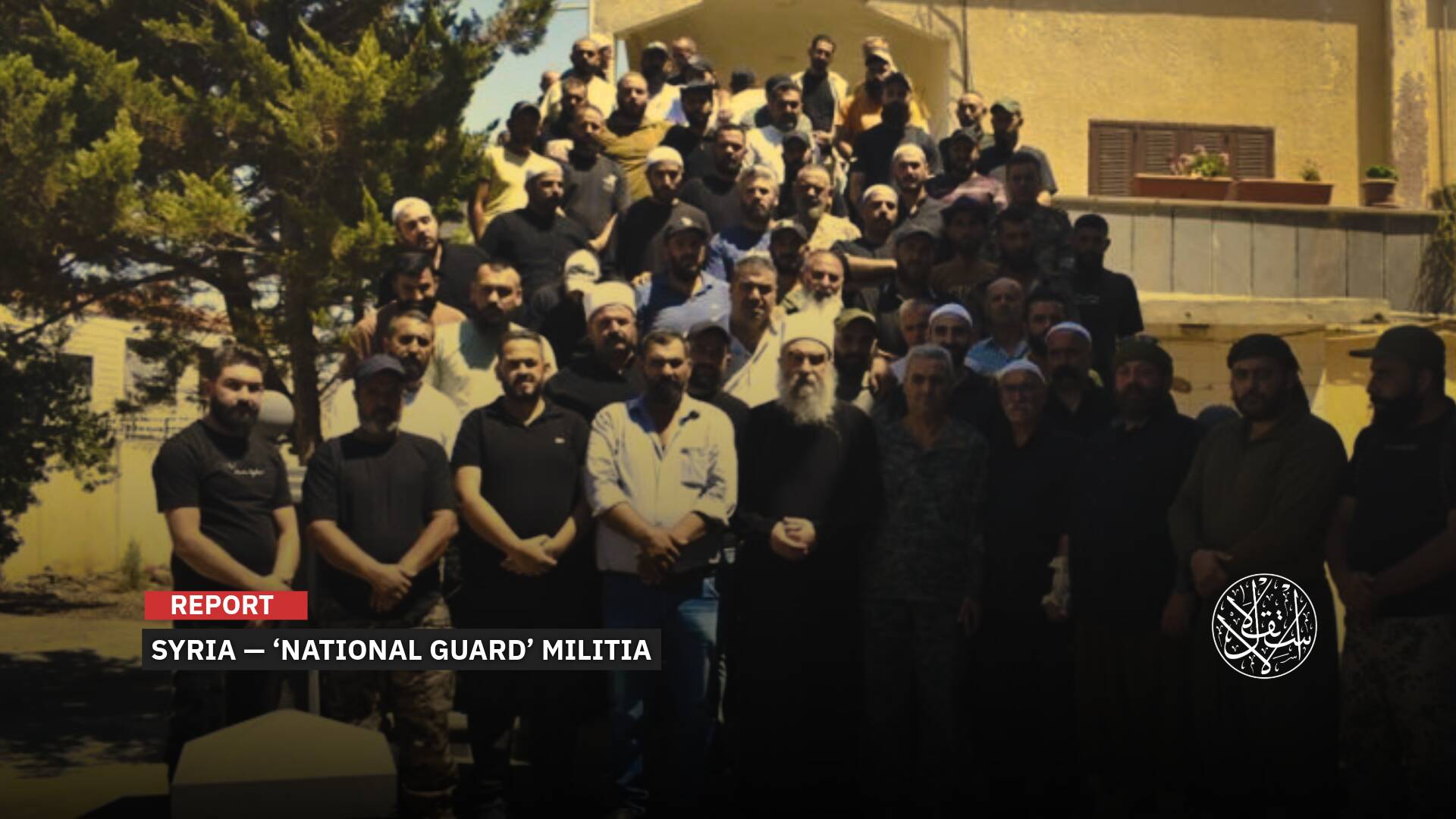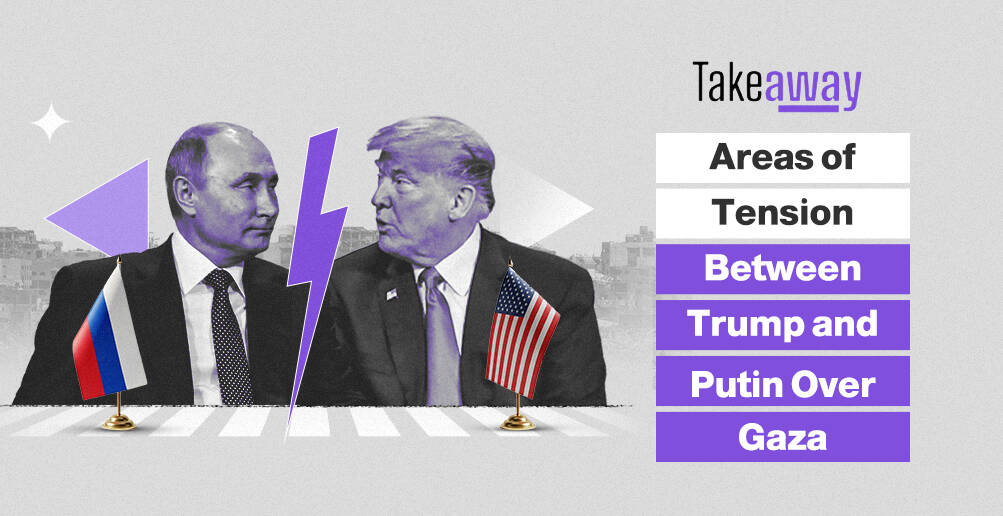Two Military Deals in Two Months: What Is Turkiye Doing in Senegal?
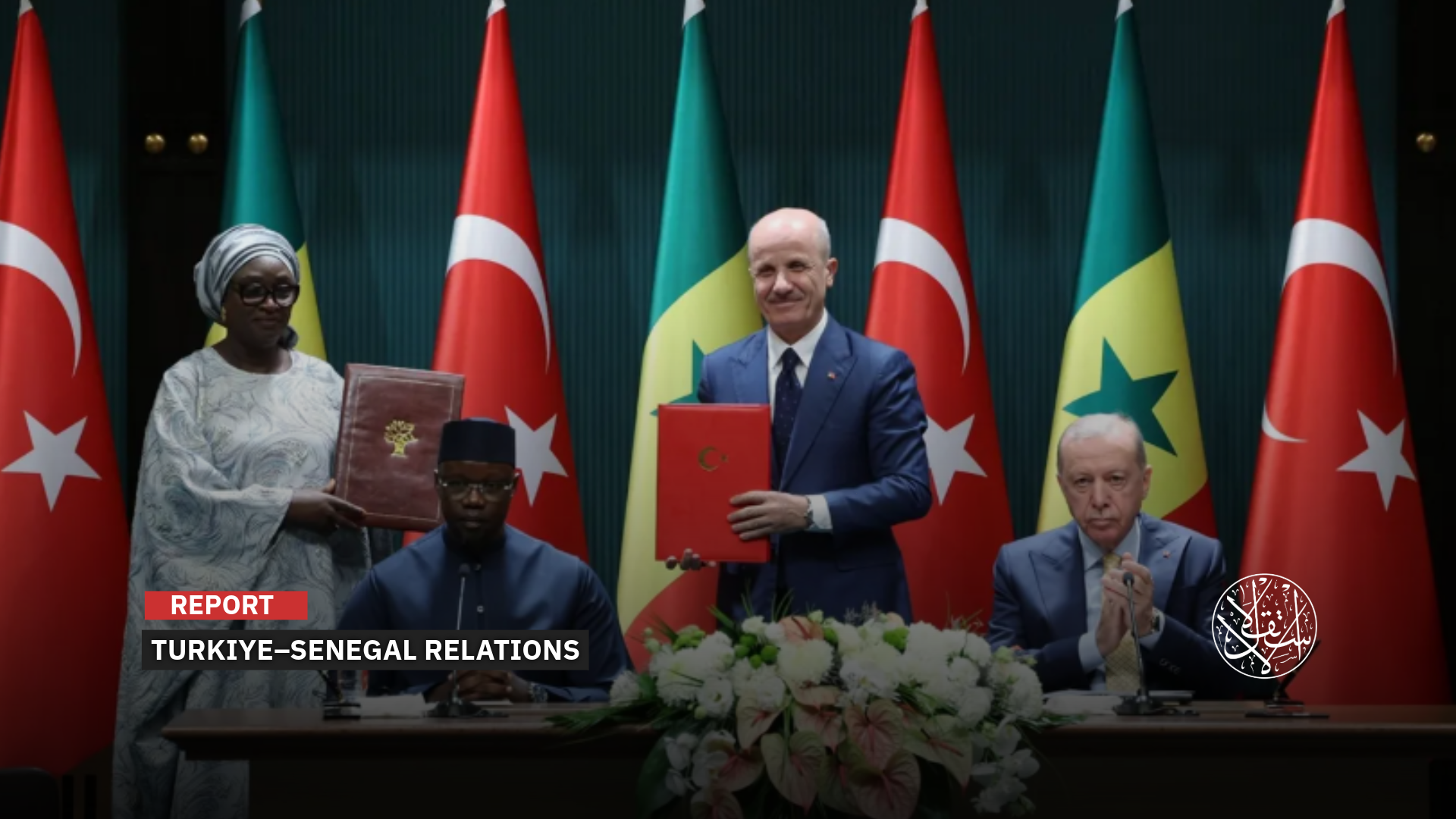
Turkiye is capable of filling the vacuum left by France in Africa.
After expelling French troops from its soil, Senegal is moving to broaden its military partnerships, and Turkiye is quickly stepping in as a dominant force in training and defense cooperation.
On October 6, 2025, Ankara and Dakar signed a new military cooperation agreement, their second in just two months, following an earlier deal reached on August 6.
According to Turkiye’s state-run Anadolu Agency, the latest accord is a memorandum of understanding to provide training and support in maritime search, rescue, and surveillance for Senegal’s armed forces.
The signing took place in Ankara during a meeting between Turkish Defense Minister Yasar Guler and Senegal’s Minister of the Armed Forces Birame Diop. The two ministers later chaired a joint session between their delegations before signing the memorandum.
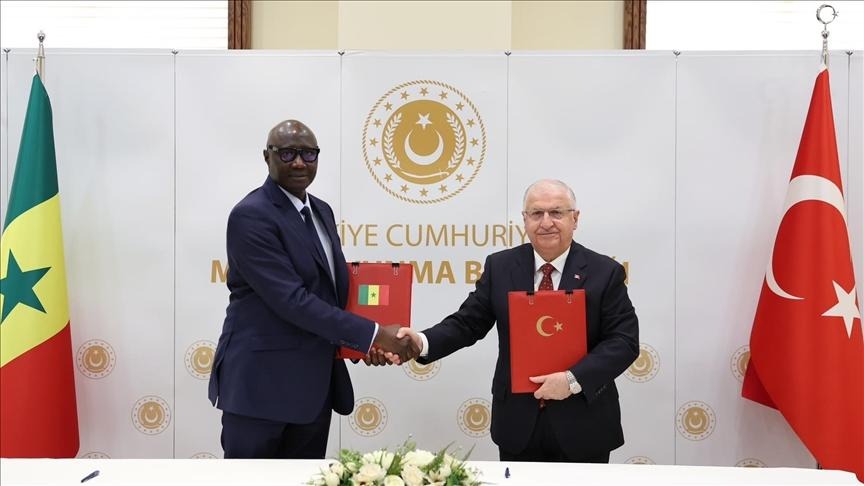
Earlier Agreement
On June 30, 2025, Turkish Defense Minister Yasar Guler discussed ways to strengthen military cooperation with Senegal’s Armed Forces Commander Birame Diop in a phone call.
A statement from Turkiye’s Defense Ministry said the two exchanged views on bilateral defense and security issues, including collaboration in the defense industry.
According to TRT Arabi, Turkiye and Senegal went on to sign four cooperation agreements across various fields on August 7, 2025, during an official ceremony in Ankara attended by Turkish President Recep Tayyip Erdogan and Senegalese Prime Minister Ousmane Sonko.
The two sides signed the agreements after bilateral talks between Erdogan and Sonko and a joint meeting between their delegations at the Presidential Complex in Ankara.
Among the deals were an Agreement on Military Financial Cooperation and Amendment Protocol No. 1 to a previous financial aid protocol signed on January 28, 2020.
The countries also signed an Agreement on Co-Production and Cooperation in the Fields of Film, Audiovisual and Multimedia, along with an Executive Protocol for a Memorandum of Understanding on Higher Education Cooperation covering 2025–2028.
At a joint press conference, President Erdogan said that relations with Senegal—a “friendly and brotherly country with a key role in Africa”—are growing steadily. He added that the talks explored new opportunities in investment, trade, defense, security, counterterrorism, energy, mining, transportation, agriculture, and fisheries.
Erdogan emphasized that the newly signed documents strengthen the legal and institutional framework of bilateral cooperation, reaffirming Turkiye’s readiness to share its private sector expertise under Senegal’s 2050 Development Plan.
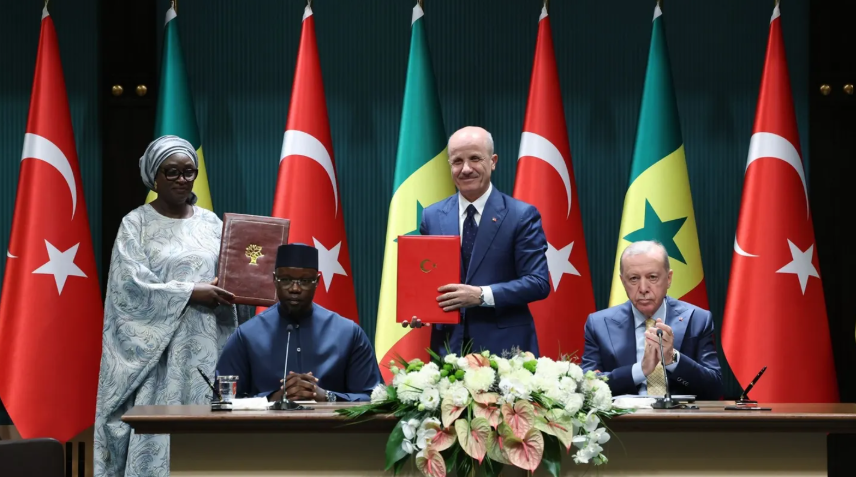
Replacing France
The new defense agreement follows France’s official withdrawal from its major military bases in Senegal on July 16, 2025, ending decades of presence and marking the start of a new era of bilateral cooperation free of permanent French forces.
The handover ceremony at Camp Geille, south of Dakar, was attended by senior officials from both countries, including General Pascal Ianni, head of French forces in Africa, and General Mbaye Cisse, Senegal’s army chief of staff.
This move was part of a framework agreement reached at the end of 2024 to phase out French military presence from three key sites in Dakar by December 31, 2025. The plan also called for transferring remaining facilities gradually, relocating heavy equipment, and setting up temporary depots managed by Senegalese forces under joint supervision. In February 2025, French intelligence headquarters were moved from Camp Saint-Louis to a joint base in Dakar, preparing for full handover to Senegalese authorities.
Security Threats
Experts say Senegal’s push for new military partnerships comes in response to France’s withdrawal and the need to prevent extremist groups from exploiting the resulting security gap.
According to Ahmed Amal, assistant professor of political science at Cairo University’s Institute of African Studies, groups like Jama’at Nusrat al-Islam wal-Muslimin (JNIM) and the Islamic State in the Greater Sahara (ISGS) could seek to expand operations into Senegal for the first time.
In a paper published by the Future for Advanced Research and Studies Center on July 30, 2025, Amal warned that the vacuum could also embolden cross-border organized crime networks tied to Latin American and European drug cartels. He added that separatist movements, especially in Senegal’s Casamance region, might also take advantage of the instability.
Amal noted that President Bassirou Diomaye Faye is likely to face growing domestic pressure to cancel more defense agreements with Western partners—moves that could trigger a full restructuring of the country’s military and security architecture. While this shift would allow Senegal to assert greater sovereignty and independence in defense decisions, he cautioned that it carries strategic risks if effective alternatives are not quickly secured.
“Senegal, like other African nations grappling with armed groups capable of chaos and destruction, is seeking reliable security partners, and Turkiye has emerged as a popular choice,” international relations researcher Eghosa Osaghae told Al-Estiklal.
“Ankara’s ability to fill the vacuum left by France in Africa depends largely on how appealing its offers are to African governments.”
“If Turkiye can provide meaningful assistance to these regions, why not?” he added.
“Many African nations already maintain military cooperation with Turkiye, forming a foundation for its expanding influence. Ankara has signed defense agreements with several countries across the continent, including Somalia, Libya, Kenya, Rwanda, Ethiopia, Nigeria, and Ghana.”
According to Osaghae, these partnerships have opened lucrative opportunities for Turkiye’s defense industry, especially its low-cost, high-performance drones, now a hallmark of its growing presence in Africa.
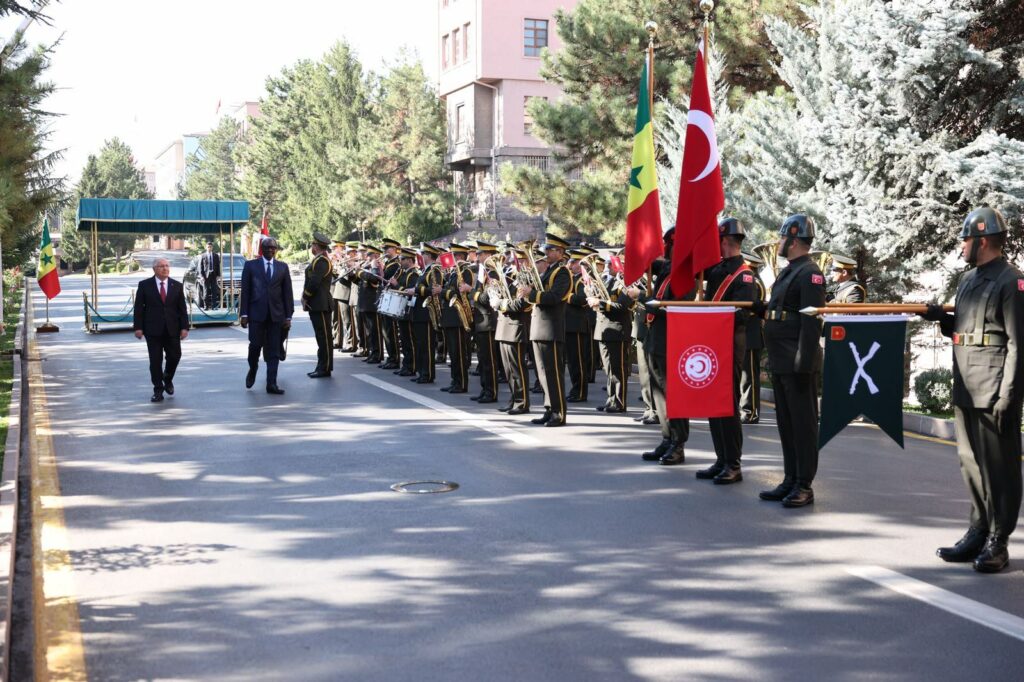
A Rising Regional Power
A French analytical report described Turkiye as the new and rising regional power in Africa, surpassing many former European players in both military and economic influence.
According to a report by Les cles du Moyen-Orient, published on November 8, 2024, Turkiye’s military footprint on the continent now exceeds that of any European nation. The report highlighted Ankara’s growing partnerships with African countries, noting that Turkiye sells military equipment without the political conditions often imposed by the United States or Europe.
Libya was cited as one of the largest buyers of Turkish arms, including Bayraktar drones, Katmerciler armored vehicles, and Hurkus-C light attack and training aircraft capable of operating from improvised runways and conducting counterinsurgency missions.
The report revealed that Turkish arms exports to Africa surged from $83 million in 2020 to $460 million in 2021, reflecting the continent’s growing demand for Turkish-made weapons that have proven effective in multiple conflict zones.
Turkiye has strengthened its influence across Africa through flexible defense and trade policies, positioning itself as a major power at a time when traditional European influence is fading.
Arms Deals
On March 28, 2025, Matin Libre reported that Senegal, under IMF supervision, signed a €317 million arms contract with the Turkish company ICC Yapi Yatirim.
The agreement aims to modernize Senegal’s military over three years and includes equipment for the air force, navy, and the Directorate of Armed Forces Equipment, with approval from Chief of General Staff General Mbaye Cisse.
The move marks a clear shift from the previous three-year agreements signed under former president Macky Sall with AD Trade Belgium, an Israeli arms brokerage firm.
Under the new deal, Senegal’s air force will receive two Casa C295 aircraft for transport and maritime patrol, as well as two Leonardo AW139 helicopters. The contract also covers maintenance services for Baykar TB2 drones already in use by Senegal, while the navy will acquire a logistics support ship and an infantry landing craft.
The army is set to receive around thirty Cobra II armored personnel carriers, eight-wheeled combat vehicles fitted with 105 mm cannons, and 10,000 M4 carbines along with various machine guns.
The outlet noted that this growing partnership with Turkiye builds on ties established under Macky Sall and expanded under President Bassirou Diomaye Faye, with Turkish Ambassador to Dakar Nur Sagman playing a central role in advancing defense and security cooperation between the two nations.
Sources
- Turkiye Signs Memorandum to Train Senegalese Forces in Maritime Surveillance [Arabic]
- Turkiye, the New Regional Power in Africa (1/3): African Solutions for African Problems [French]
- Senegal: A Secret €317 Million Arms Deal Amid a Budget Crisis [French]
- Strategic Implications: France’s Military Withdrawal from Senegal [Arabic]
- Ankara and Dakar Sign Four Agreements in the Presence of President Erdogan and Senegal’s Prime Minister [Arabic]


